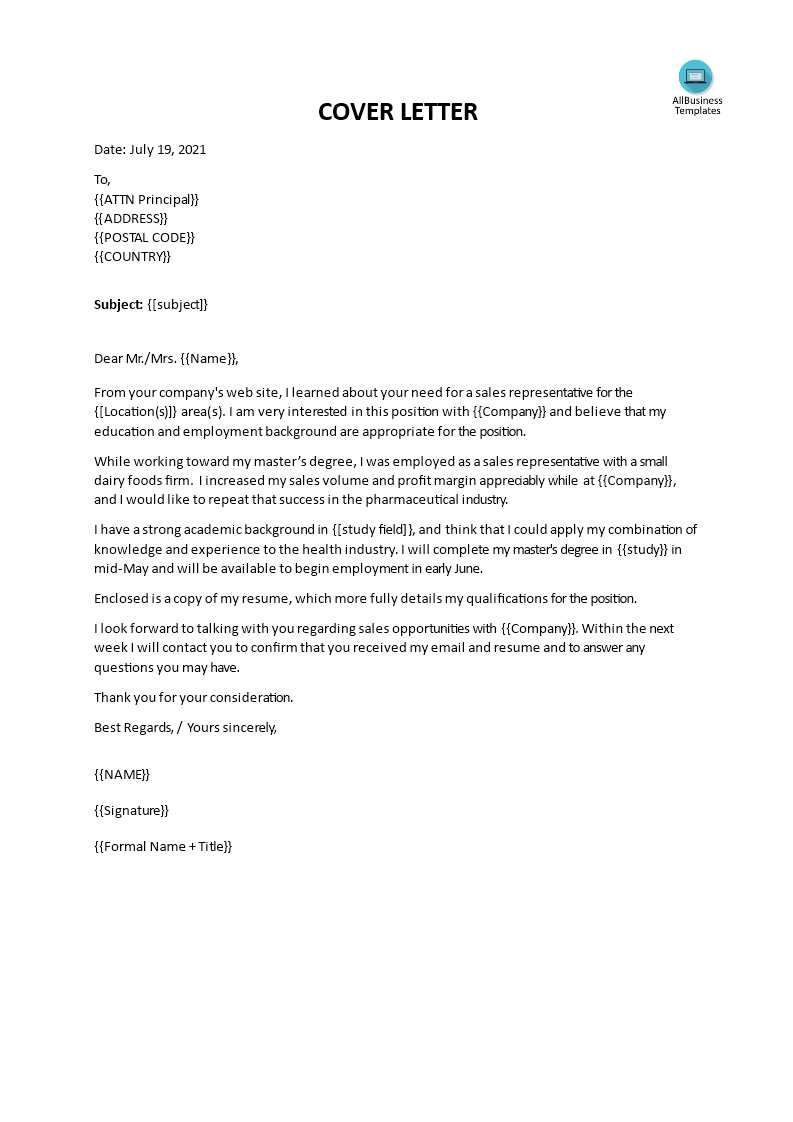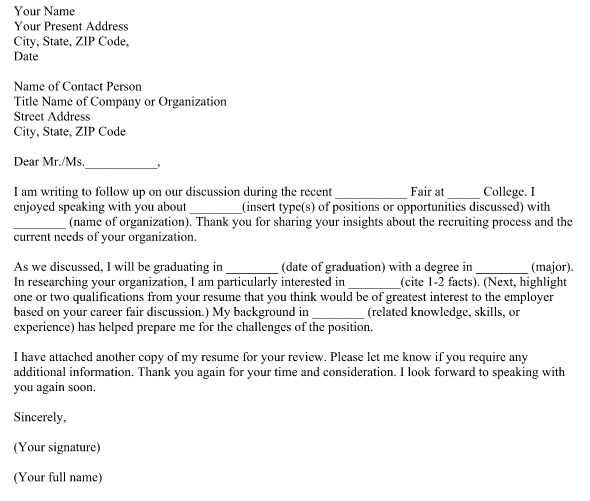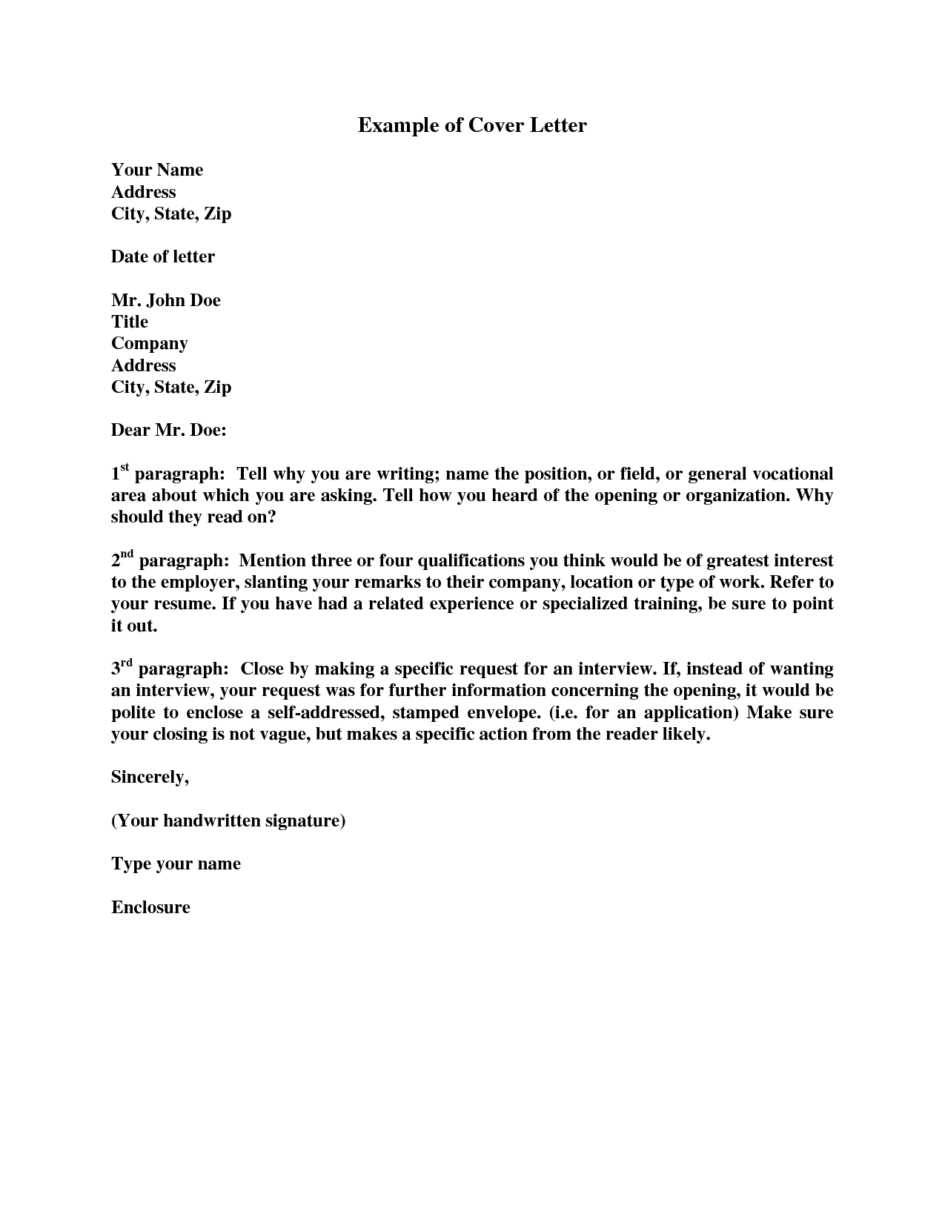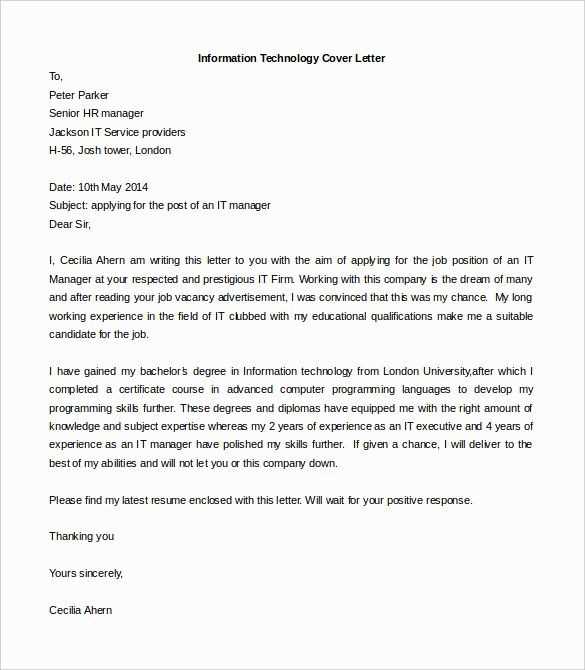Cover Letter Template Without Contact Name

When applying for a job, the opening statement plays a crucial role in making a strong impression. It’s important to communicate your professionalism even when specific details, such as the hiring manager’s identity, are unavailable. Crafting a well-structured and engaging opening can still make a significant impact on the reader.
Personalization is key, even in situations where you may not have direct access to certain information. By using a polite, respectful, and confident approach, you can set the tone for the rest of your document. Remember, the first few sentences are your opportunity to showcase your enthusiasm for the role and convey why you’re a great fit.
While it’s common to address a specific individual, it’s not always possible. In such cases, you can still create a compelling introduction by focusing on your skills and the value you bring. The key is to remain professional, clear, and concise, while ensuring that your message stands out.
Cover Letter Writing Without Contact Name
When submitting an application and the recipient’s identity is unknown, it’s essential to maintain a professional tone while still making a strong and personal impression. This approach ensures that your communication remains respectful and clear, even without the typical personalized salutation. Below are some key tips to help you structure your introduction and message effectively:
- Use a generic yet respectful greeting: Opt for phrases like “Dear Hiring Manager” or “To Whom It May Concern” when you can’t address a specific person.
- Show enthusiasm for the company: Demonstrate genuine interest in the organization and the role. Highlight what excites you about the opportunity rather than focusing on specific individuals.
- Focus on your qualifications: Emphasize the skills, experience, and qualifications that make you a strong candidate for the position, avoiding the need for a specific recipient’s name.
The goal is to convey your professionalism and confidence, even without knowing the exact person reading your message. A well-crafted introduction will create a favorable impression, regardless of who is on the receiving end.
Importance of a General Greeting

In professional communication, the way you open your message can significantly influence the tone of your interaction. When you don’t have specific details about the recipient, it’s crucial to choose a neutral yet respectful opening. A well-crafted greeting sets the stage for the rest of your message, making it approachable and professional.
Maintaining Professionalism
A general greeting, such as “Dear Hiring Manager” or “To Whom It May Concern,” ensures that you remain formal and polite. This is essential in job applications or any business-related communication where a respectful approach is expected. It reflects your attention to proper etiquette and your ability to adapt to different situations.
Focusing on the Message
By using a neutral greeting, you shift the attention away from the absence of specific information and instead focus on delivering the key content of your message. This helps you concentrate on presenting your qualifications, skills, and enthusiasm for the opportunity, all while maintaining a professional atmosphere.
How to Begin Your Cover Letter
The opening of your message plays a critical role in setting the right tone and making a positive first impression. A strong introduction quickly communicates your intent and highlights your enthusiasm for the position. Even when specific details about the recipient aren’t available, a clear and engaging opening can still grab the reader’s attention.
Start with a general yet professional greeting, ensuring it suits the formal context. Then, introduce yourself briefly and explain why you’re writing. This sets the foundation for a clear and focused message that will guide the reader through the rest of your application.
| Greeting Example | Opening Sentence Example |
|---|---|
| Dear Hiring Manager | I am writing to express my interest in the available position at your esteemed company. |
| To Whom It May Concern | As an experienced professional in [industry], I am eager to contribute to your team. |
| Dear Recruitment Team | With a strong background in [field], I would love the opportunity to apply my skills to this role. |
Professional Tone and Language Tips
Maintaining a formal and respectful tone is essential when composing a message in a professional setting. This helps ensure that your communication is taken seriously and reflects your professionalism. Carefully chosen words and a polished structure can make a significant impact on the reader, even if they don’t know you personally.
Use Clear and Concise Language

Focus on clarity and precision when expressing your thoughts. Avoid overly complex sentences or jargon that might confuse the reader. Simple, straightforward language helps communicate your ideas effectively, ensuring that your message is understood. Be concise and avoid unnecessary elaboration to keep the reader’s attention.
Stay Polite and Respectful
Even in the absence of a specific recipient, using a polite tone throughout your message is key. Phrases like “I would appreciate your consideration” or “I am excited to contribute to your team” can help convey respect and enthusiasm. This ensures a positive and professional impression, regardless of the exact recipient.
Dealing with Uncertain Contact Information
When specific details about the person you’re addressing are not available, it’s important to adapt your approach while still maintaining professionalism. Addressing uncertainty in a thoughtful way helps ensure that your message remains clear and respectful, even when you lack the exact recipient information.
Use General Yet Respectful Greetings
In situations where the name of the individual is unknown, it’s best to rely on universally accepted phrases. Expressions like “Dear Hiring Team” or “Dear Recruitment Department” work well to maintain a formal and neutral tone. These alternatives show that you respect the process and are addressing the team or department as a whole.
Focus on the Role, Not the Recipient

Shift the focus from the lack of a specific name to the position and your enthusiasm for the opportunity. Rather than dwelling on the absence of contact details, concentrate on what you bring to the role and how you can contribute to the organization. This approach keeps the message purposeful and directed toward your qualifications.
Common Mistakes to Avoid in Cover Letters
When composing a professional message, certain errors can undermine your chances of making a good impression. These common mistakes, if overlooked, can distract from your qualifications and reduce the effectiveness of your communication. Recognizing and avoiding these pitfalls will help ensure your message is clear, concise, and professional.
- Using Too Casual Language: While it’s important to remain friendly, overly casual language can come off as unprofessional. Avoid slang or informal expressions.
- Repeating Information from Your Resume: Rewriting your resume in your message wastes valuable space. Focus on highlighting specific skills and experiences relevant to the role.
- Failing to Tailor Your Message: Sending a generic message can make you appear disinterested. Customize your approach to show how your skills align with the job requirements.
- Overloading with Details: Including too much irrelevant information can overwhelm the reader. Stick to key points that directly relate to the position.
- Neglecting the Closing: A weak or generic closing can leave a bad impression. Always finish with a strong and polite sign-off that invites further contact.